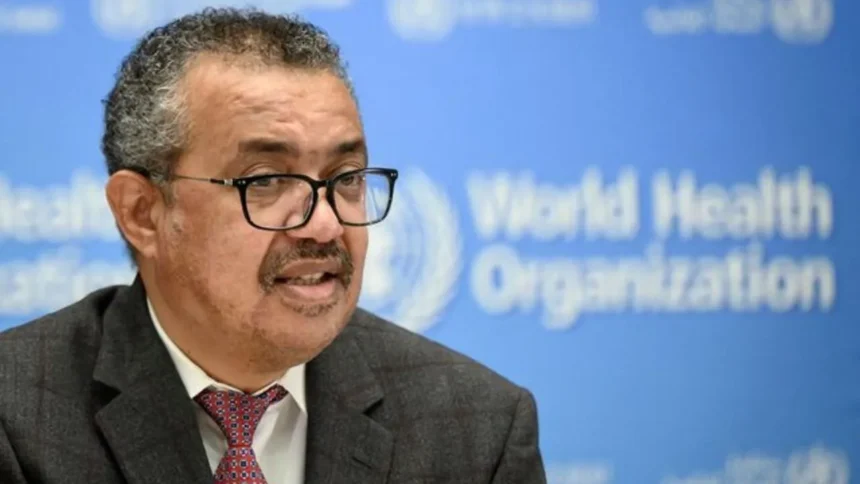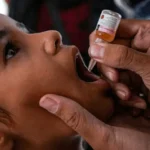Switzerland, August 31, 2024: The World Health Organization (WHO) has made an urgent appeal to manufacturers of mpox diagnostic tests, urging them to submit their products for Emergency Use Listing (EUL). This move comes as WHO ramps up its efforts to expand diagnostic capacity, particularly in regions hardest hit by the virus, such as Africa. The organization’s latest request for EUL submissions underscores the critical need for reliable testing tools to manage the rising number of mpox cases globally.
Testing is crucial in the fight against mpox, enabling early detection, timely treatment, and prevention of further transmission. Since 2022, WHO has delivered around 150,000 mpox diagnostic tests worldwide, with over a quarter of these directed to countries in the African Region. To meet the increasing demand, WHO plans to send an additional 30,000 tests to African nations in the coming weeks.
The urgency of this initiative is highlighted by the situation in the Democratic Republic of the Congo (DRC), where nearly 1,000 suspected mpox cases were reported this week alone. In response, WHO has worked closely with local partners to enhance the country’s diagnostic capacity. Since May 2024, six new laboratories have been equipped to diagnose mpox, enabling more decentralized testing across affected provinces. Notably, two of these labs are located in South Kivu, a region selected to address the outbreak of a new viral strain, known as Ib. Thanks to these efforts, the DRC has seen a fourfold increase in the number of samples tested in 2024 compared to the previous year.
WHO has also updated its diagnostic guidelines to improve the detection of this new viral strain, ensuring that countries have the tools needed to identify and respond to the outbreak effectively. These updated guidelines, along with target product profiles released earlier, are designed to assist manufacturers in developing and refining mpox diagnostic tests.
On August 14, 2024, WHO Director-General Dr. Tedros Adhanom Ghebreyesus declared the surge in mpox cases in the DRC and other African nations as a Public Health Emergency of International Concern (PHEIC). This declaration highlights the global health risks posed by the mpox virus and the urgent need for enhanced diagnostic capabilities.
Also Read: Bacterial and Viral Infections: Causes, Symptoms, and Essential Prevention Tips
WHO is now calling on manufacturers of in vitro diagnostics (IVDs) to submit their available quality, safety, and performance data for review. IVDs, which are laboratory tests used to detect pathogens, are essential for the accurate diagnosis of mpox. The gold standard for mpox detection is PCR (Polymerase Chain Reaction) testing, which identifies viral DNA in samples taken from skin lesions such as fluid or crusts from vesicles or pustules. While antibody tests may be useful for retrospective analysis, they are not recommended for routine diagnosis.
The EUL procedure allows WHO to quickly assess and approve medical products, including diagnostic tests, for use in emergencies. This process is particularly important for countries that may lack the capacity to approve these products through national regulatory systems, enabling them to procure essential diagnostics through UN agencies and other partners.
Mpox, caused by the monkeypox virus, is a serious zoonotic disease that can be transmitted to humans through contact with infected individuals, contaminated materials, or animals. Expanding access to diagnostic services is critical, as it supports key public health measures such as enhanced laboratory capacity, thorough case investigation, effective contact tracing, comprehensive surveillance, and timely reporting. The establishment of EUL procedures for mpox diagnostics is a vital step toward controlling the spread of the virus and safeguarding global health.













